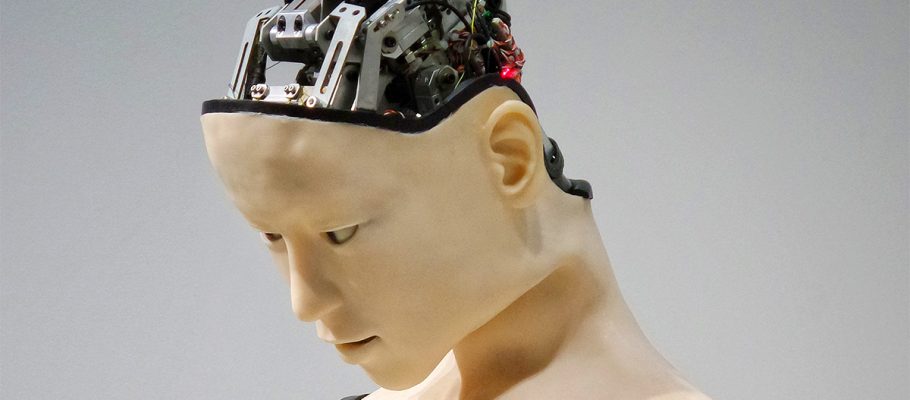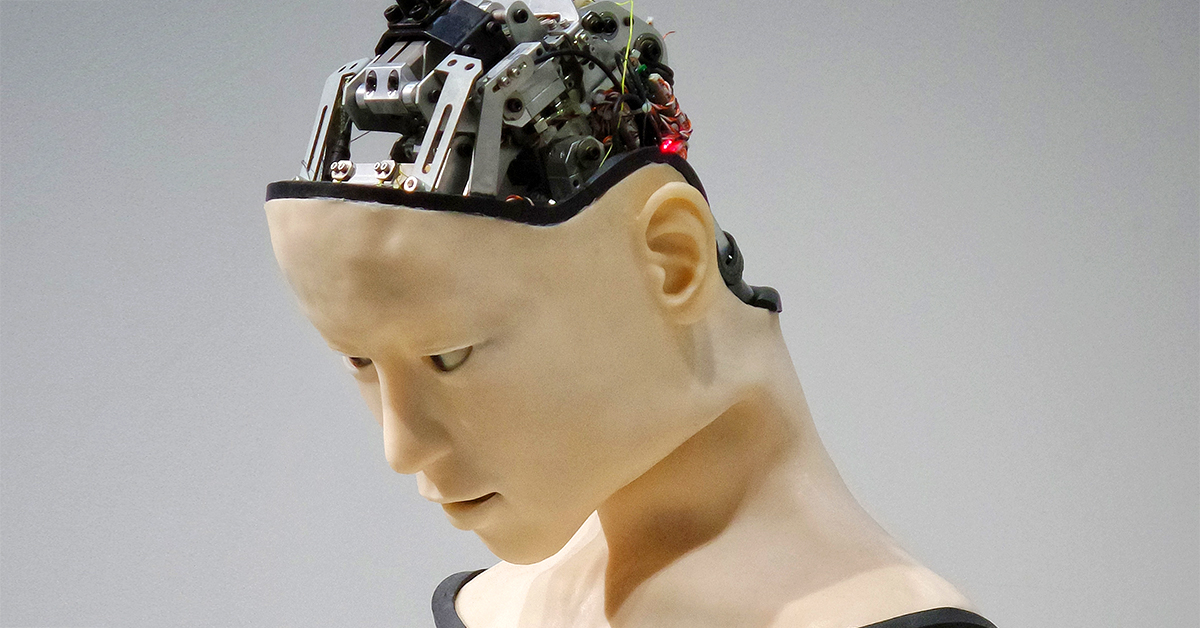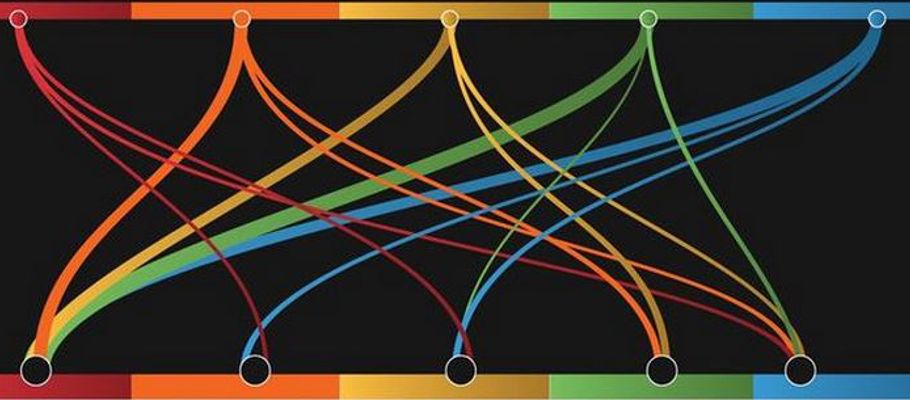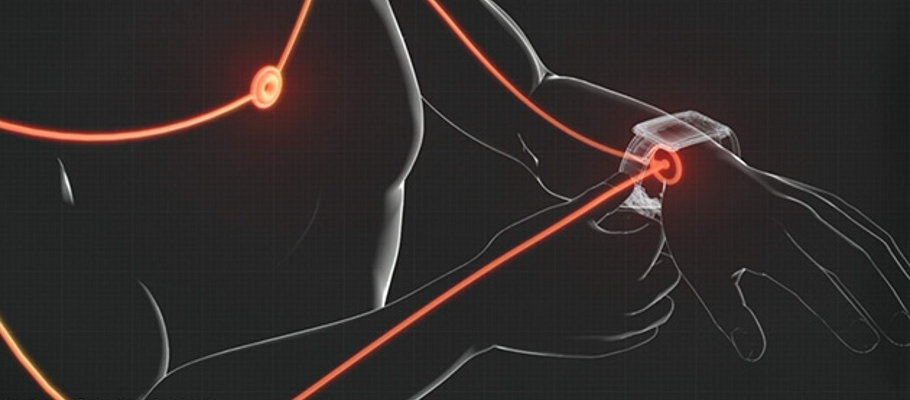Tech juggernaut Dell has published the results from its annual Global Technology Adoption Index for the year 2015. According to the study, mobility is currently responsible for a 50% difference in performance between the companies that have a BYOD policy set in place and those that don’t.
The Dell Global Technology Adoption Index (GTAI) 2015 report shows how IT and business decision makers of mid-market organizations around the world perceive and use four key technologies: the cloud, mobility (BYOD), security and big data














